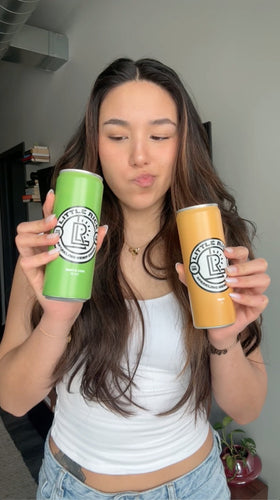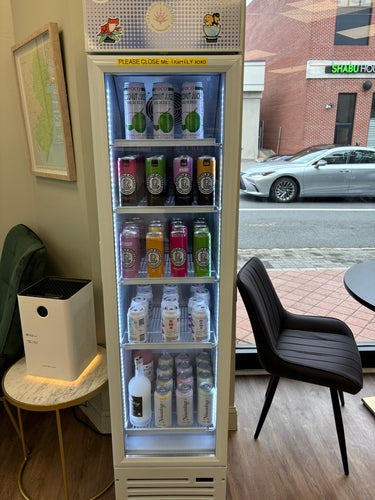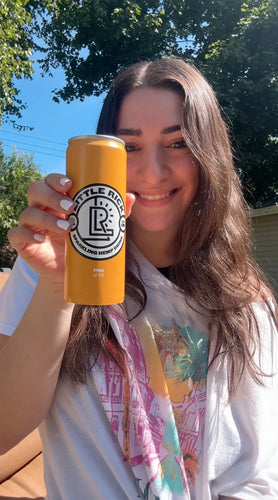Navigating the Shift: How the Updated FSA Guidelines Impact the UK's CBD Market
Understanding the New FSA Guidelines for UK's CBD Market
The UK’s CBD market is experiencing significant regulatory changes that could impact businesses and consumers alike. The Food Standards Agency (FSA) has recently updated guidance, clarifying rules around THC limits and daily intake recommendations for CBD products. These updates are crucial for stakeholders to understand, as they redefine how CBD products can be marketed and sold in the UK.
Key Changes in THC Limits and CBD Intake Recommendations
The FSA has introduced a new set of guidelines that relax some previous restrictions and open new opportunities for CBD businesses. Notably, the agency has established a new THC level threshold that aligns more closely with the Home Office limits, explicitly detailing that CBD products can contain up to 1μg/kg of THC per body weight. Meanwhile, the controversial 10mg Acceptable Daily Intake (ADI) for CBD remains, but it's now officially advisory rather than mandatory. This change is critical as it allows businesses more flexibility in product formulations, benefiting brands that specialize in full spectrum CBD products like Little Rick.
Implications for CBD Product Labelling and Marketing
With the new regulations, there's an increased emphasis on accurate labelling. The guidelines stipulate products must clearly denote whether CBD is derived from plant-based sources or synthesized in labs. These changes aim to ensure greater transparency and consumer safety, aligning product labels with consumer expectations and regulatory standards. This is an opportunity for companies to review their labelling strategies to ensure compliance and reinforce consumer trust, an area where Little Rick consistently prioritizes to maintain clarity and reliability in its product offerings.
Opportunities for Innovation and Reformulation
One of the most notable introductions by the FSA is the allowance for reformulation of CBD products to meet new guidelines. This adaptation period is a boon for producers, offering the chance to modify their products without risking their market presence. For innovators and forward-thinking companies like Little Rick, this opens strategic pathways to refine product lines and introduce new offerings that align with both consumer needs and regulatory frameworks.
Conclusion
As the UK's regulatory landscape for CBD evolves, it is imperative for stakeholders to stay informed and agile. Little Rick remains committed to navigating these changes, ensuring our products continue to meet legal standards without compromising on quality or customer satisfaction. We invite retailers, distributors, and investors looking to collaborate or stock a trusted and compliant range of CBD products to visit Little Rick's website and explore our offerings.







